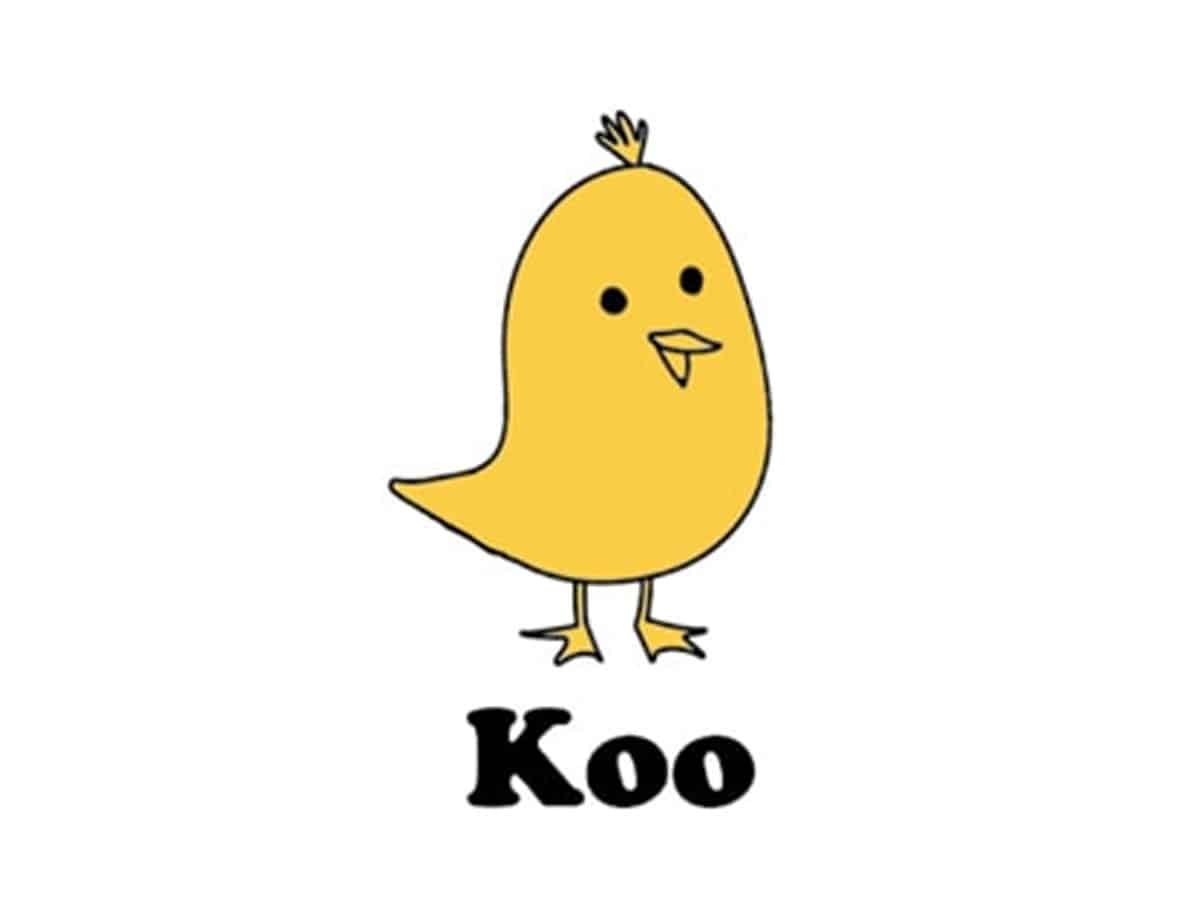The microblogging site Koo, endorsed by the Union Ministry of Electronics & Information Technology and several other right-wing personalities, including several BJP leaders, as an Indian alternative to Twitter has been found to have a Chinese investor, admitted its founder and CEO Aparneya Radhakrishna.
A vigorous campaign to promote the app has been initiated on social media in light of the government’s differences with Twitter India over the visibility of accounts sharing information on dissent, particularly with respect to accounts sharing information in support of the protests against the farm laws.
CEO Radhakrishna on Wednesday claimed that Koo is an India registered company with Indian founders. One of the investors, Chinese firm Shunwei Capital will be exiting fully, he added.
The controversy surrounding the Koo app’s origins got only bigger as the French security researcher and ethical hacker Robert Baptiste (Elliot Alderson on Twitter) posted screenshots showing the platform’s domain registered in the United States by a registrant based in China, along with details of an alleged data leak.
Baptiste accused Koo of leaking information of its users like their email, marital status, date of birth, gender, etc.
Radhakrishna responded to the claims saying that the “leaked data” is what the users agreed to be shown on their profile.
The back and forth continued as Baptiste posted an example of the data leak with the help of a user whose data has been leaked even though there is no mention of the information on their public profile.
Radhakrishna also hit back at the claims of Chinese ownership by posting a screenshot of Koo’s domain information.
Further, the Koo app also fell victim to impersonation on twitter. A fake account, @KooAppOfficial with more followers than the original account @kooindia has been heavily promoting the app for the past few days. However, after multiple reports, the account has been suspended by Twitter India.
Koo app is being pushed as a product of #AtmaNirbharBharat and its Chinese connection holds particular significance as the government has been exhibiting an inclination to banning Chinese apps like Tiktok since the past year.

